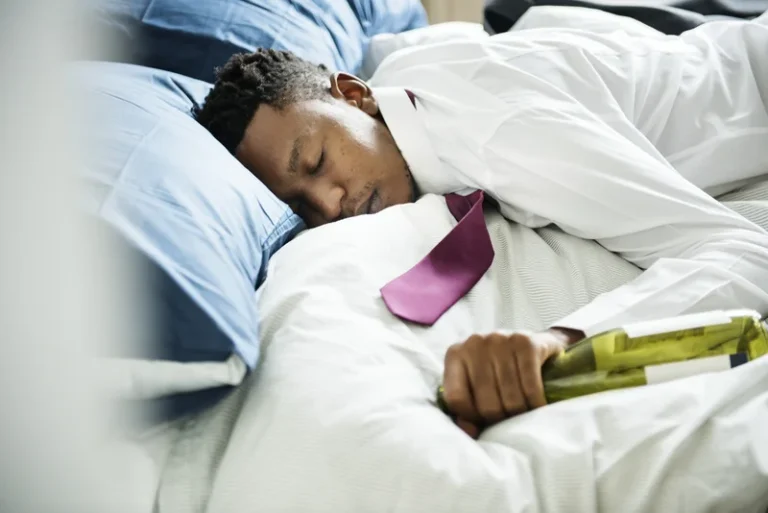
Brittany has 15 years of experience in the Mental Health and Substance Abuse field. Brittany has been licensed for almost 8 years and has worked in various settings throughout her career, including inpatient psychiatric treatment, outpatient, residential treatment center, PHP and IOP settings. Depending on the extent of dehydration, a healthcare professional may give you intravenous (IV) fluids as the most efficient means of helping you rehydrate. Treat gastritis by avoiding pain medications, alcohol, and recreational drugs. Your https://ecosoberhouse.com/ doctor may also prescribe H2 antagonists or proton pump inhibitors to lessen the production of stomach acid. The discomfort may be mild or severe and manifest on one or both sides of the body.
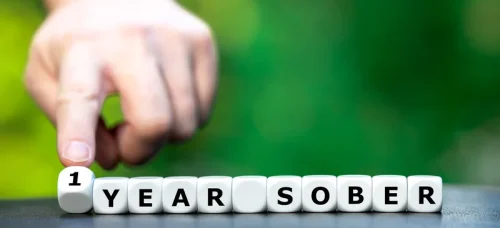
Then check out these frequently asked questions to learn more about alcohol and its impact on kidney health. People who also smoke tobacco products are at a five times greater risk of CKD than those who do not smoke or drink. The first two symptoms happen when the kidneys become less effective at regulating bodily fluids.
When you have liver disease, your body doesn’t balance the flow and filtering of blood as well as it should. This has a harmful effect on your overall health and can increase the chance of complications. Liver disease makes you susceptible to pain or discomfort after drinking alcohol.
These filter waste products from the blood and maintain the balance of water and minerals in the bloodstream. A 2018 study found that having alcohol use disorder increased the likelihood of having a new diagnosis of CKD. However, the study authors also mentioned that more studies are needed to explore the connection between AUD and kidney function. According to a 2017 review, the question of whether alcohol consumption affects kidney function remains controversial. Alcohol is a diuretic that causes you to alcoholic kidney pain urinate more and become dehydrated, especially if you’re drinking a lot. If kidney pain is due to kidney stones, surgery may be required to remove them if they are too large to pass on their own.
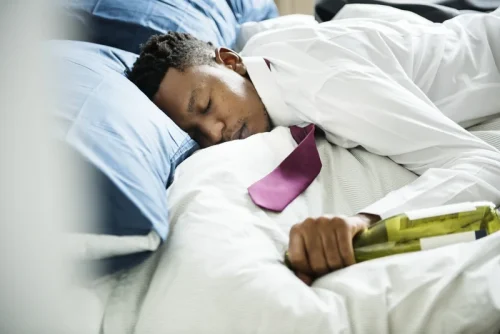
Heavy drinking does not always result in kidney damage, but it increases someone’s risk. Alcohol may increase the risk of kidney disease, but it does not cause CKD directly. However, those with kidney disease must be extra careful when consuming alcohol. People with kidney damage also have a higher risk of urinary tract infections (UTIs).
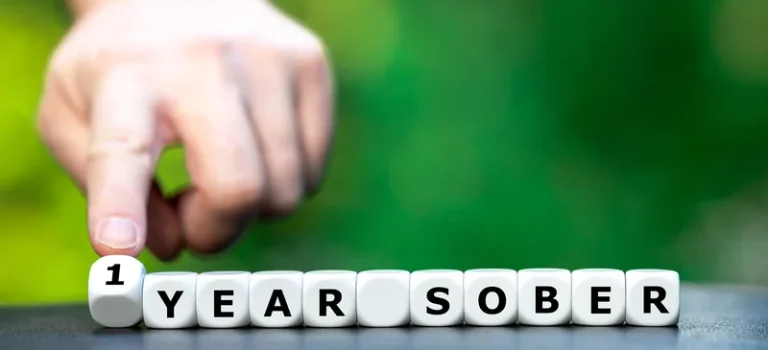
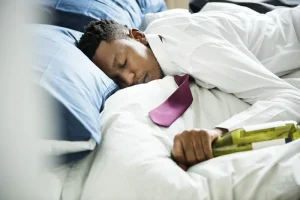
Therapeutic options might include medication, rehydration, or, in some cases, surgery. Alcohol increases the acidity of your urine, which can irritate the lining of your bladder and cause a UTI. UTI symptoms include discomfort when urinating, blood in urine, dark or foul-smelling urine, abdominal or back pain, frequent urination, and/or fever. Treat dehydration by drinking fluids and electrolytes, such as a sports drink with electrolytes and a carbohydrate solution.
While the focus of this article is on kidney health, it’s important to note that alcohol also significantly affects the liver. drug addiction Liver disease is common among heavy drinkers, and when the liver is damaged, it can put extra strain on the kidneys. The two organs work closely together to filter harmful substances from the blood, and when one is compromised, it can impact the other.

Even higher risks of kidney problems have been found in heavy drinkers who also smoke. Drinking alcohol can affect many parts of your body, including your kidneys. A little alcohol—one or two drinks now and then—usually has no serious effects. Above, we discussed how kidney issues can increase someone’s risk of UTIs. Additionally, binge drinking or regular alcohol consumption causes dehydration. Some people with alcoholism end up with chronic kidney disease (CKD).
Alcohol-induced dehydration or blockages in the kidney related to alcohol use can lead to hydronephrosis, resulting in pain. Alcohol is a diuretic, which means it makes you urinate more often. This, in turn, can cause kidney pain as the kidneys struggle to filter concentrated urine.
Recent Comments